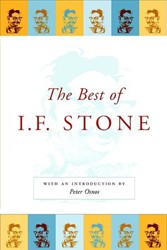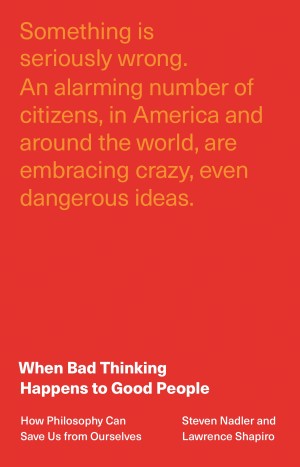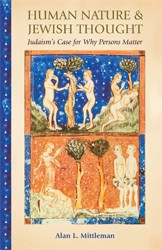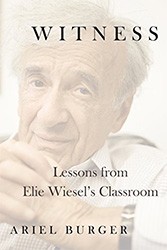By
– November 1, 2011
In response to his own inner struggles with Jewish religious extremism, Yeshiva University-trained congregational rabbi turned professor, philosopher, and educator — he founded the Shalom Hartman Institute in Jerusalem — Rabbi Dr. David Hartman has developed a covenantal model in which God rejoices when Jews take responsibility for their religious life and are empowered to be independent. This call for qualified autonomy is at odds with normative Orthodox Jewish thinking.
In The God Who Hates Lies, Hartman seeks to contextualize rabbinic thinking with respect to social factors and cultural influences. He raises some important questions, such as: How can we maintain a commitment to Judaism when it violates our sense of morality? Is there a place for subjective intuition in a halakhic system? Does a philosophic commitment to pluralism trump a covenantal commitment to halakha? These are by no means new questions. Philosophers have been arguing for centuries about the relative merits of humankind’s reason vs. God’s law. Hartman, however, is making the claim that this subjectivity is what God really wants. He constructs a Maimonidean platform, buttressed by selected rabbinic teachings, to make the case that this is indeed an Orthodox perspective. His frustration with the haredi hijacking of the rabbinic courts in the areas of conversion, marriage, and “who is a Jew,” and the current trend to ignore objective reality regarding feminism, agunot, the Shoah, and the very existence of the State of Israel, have led Hartman to formulate the results of his anguished thinking in this book. Some Orthodox Jews might call his approach heretical, since this is essentially what progressive Judaism has espoused.
Hartman takes on his revered teacher and mentor Rabbi Joseph B. Soloveitchik, as well as other rabbinic luminaries, to argue for change based on the covenantal imperative that he has developed. Unfortunately, except for those who agree with him ab initio, this thesis will need further elucidation and rigorous study before it is given serious consideration even in Modern Orthodox circles. Rabbi Dr. Hartman is a gifted teacher who has given us an outline of an approach. It needs to be expanded. If we avoid big issues because they are sensitive or divisive, we will then only deal with little issues. We cannot abandon the big issues, but how to deal with them is the challenge.
Wallace Greene, Ph.D., has held several university appointments, and currently writes and lectures on Jewish and historical subjects.





